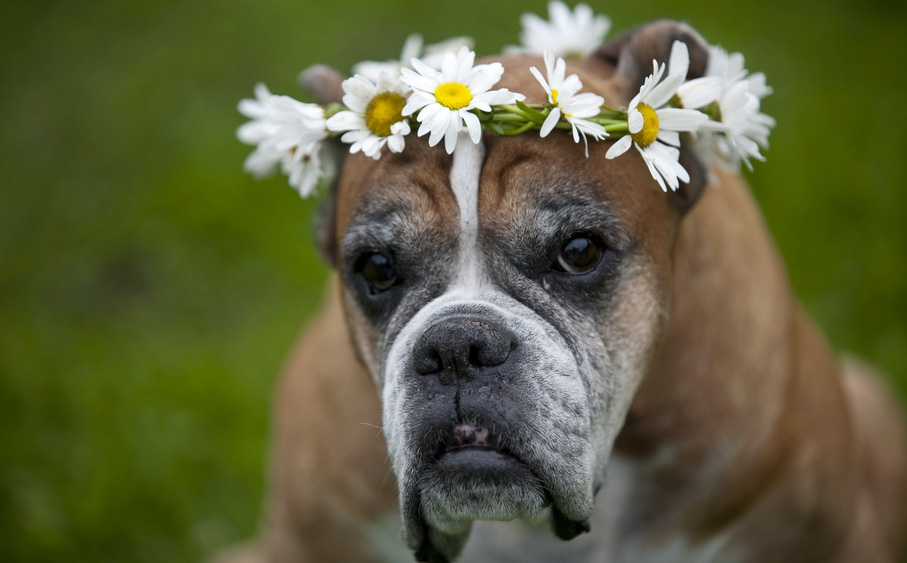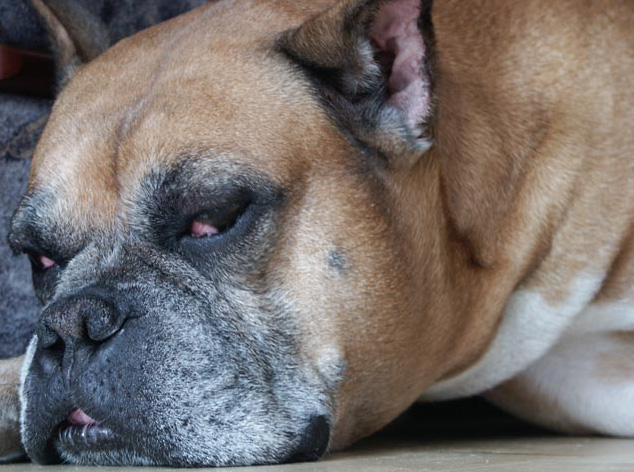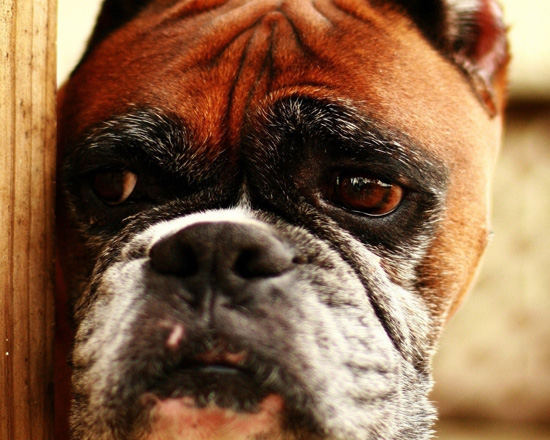Diseases of Old Age

Diseases of Old Age Progress in veterinary medicine, in particular with regard to improved food and better daily health practices, has significantly increased the lifespan of dogs and cats in recent years. A new branch of veterinary science, geriatrics, has developed to better respond to the specific problems that arise. Changes in the body due to aging mean that an
Read more
